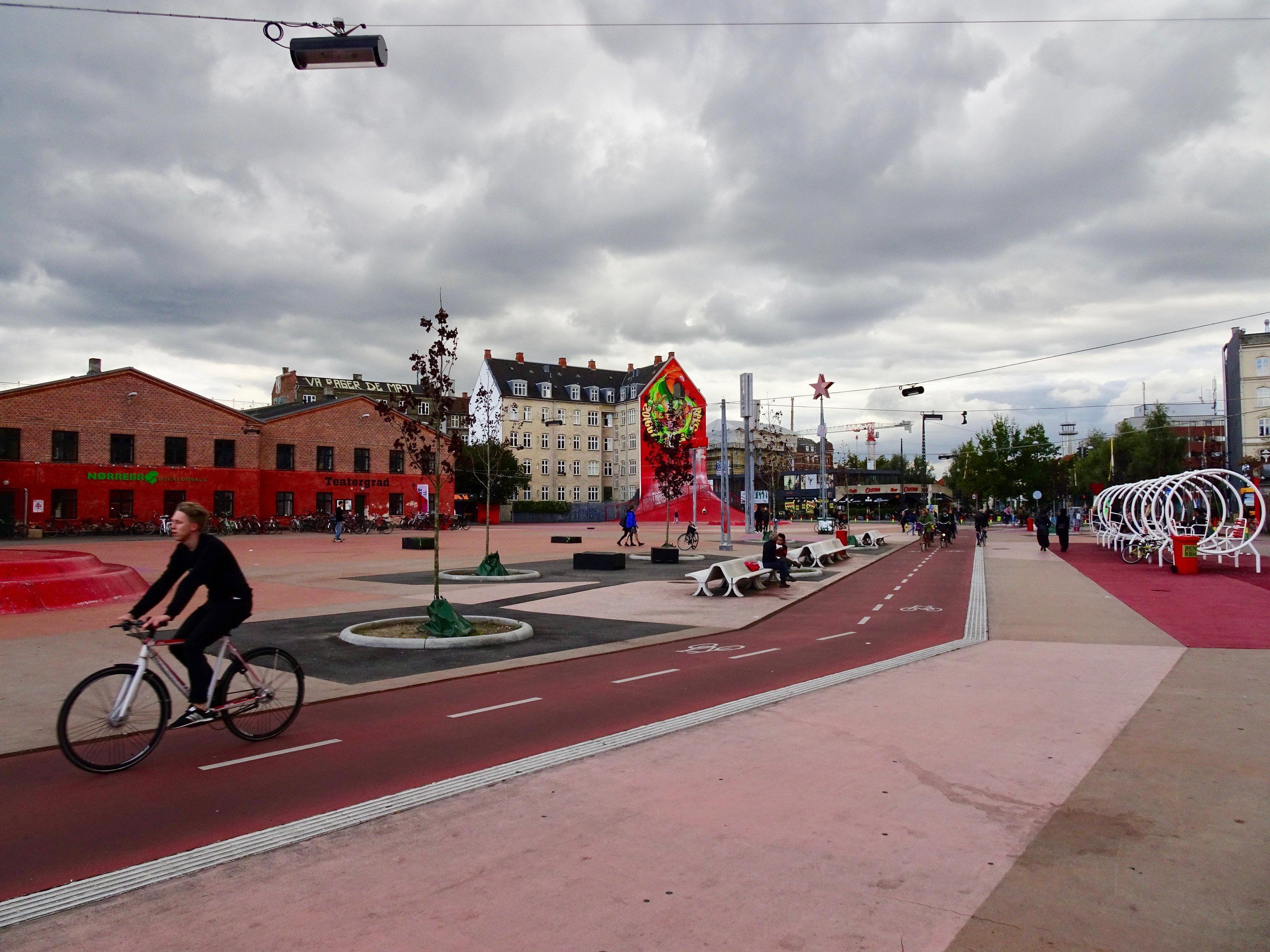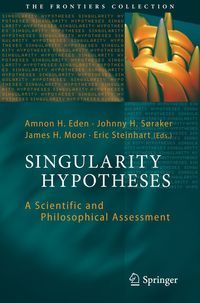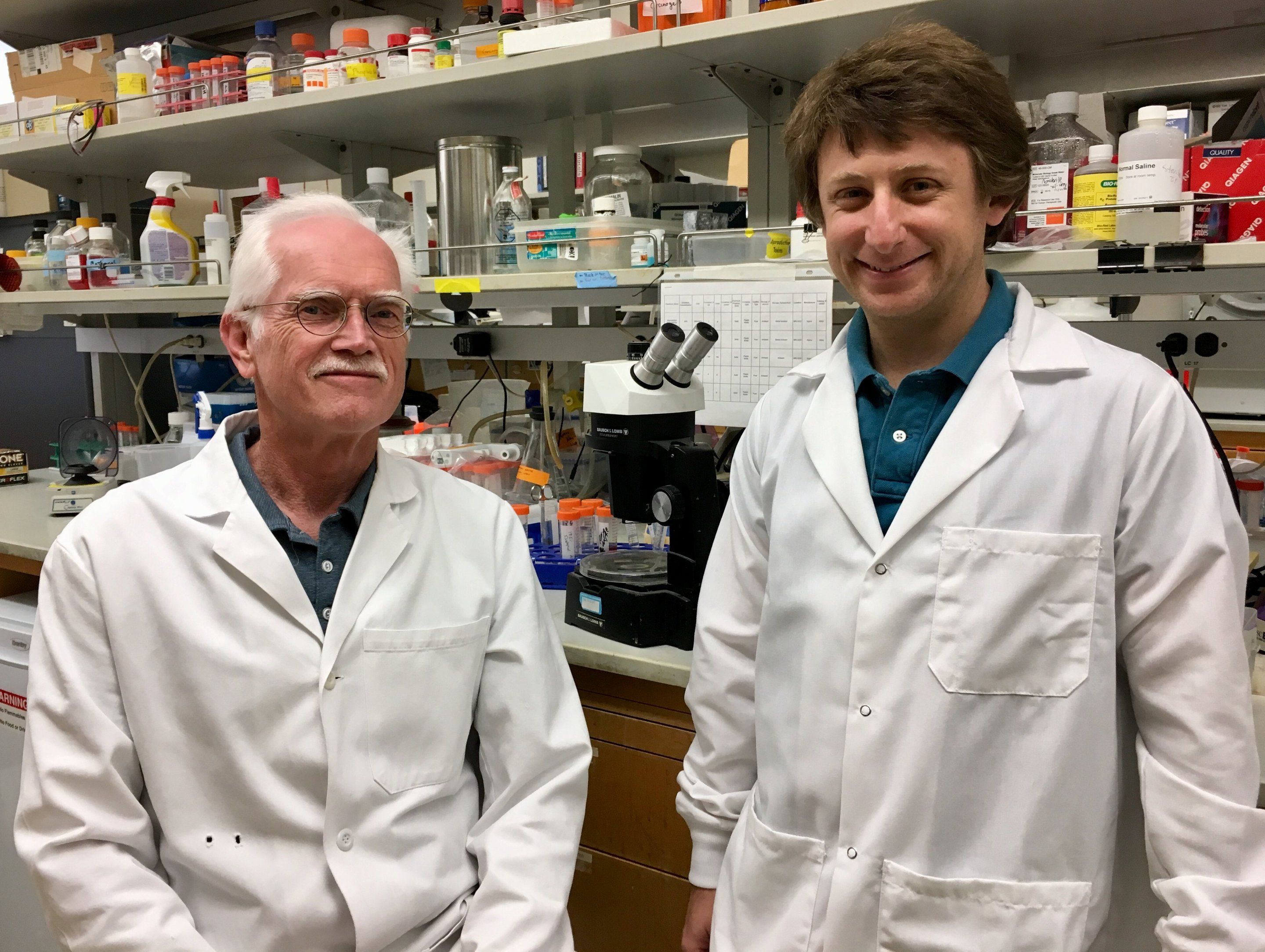Life is moving faster and faster. Just about everything—transportation, weapons, the flow of information—is accelerating. How will decisionmakers preserve our personal and national security in the face of hyperspeed?




European public spaces are becoming more original, but also more homogeneous. The author of an architecture thesis, written at EPFL, explains this paradox and calls on critics and public authorities to do something about it.
For almost two decades, designers of public spaces throughout Europe have been striving to give passers-by unique experiences. Using a multitude of materials, shapes, interactive street furniture and sensory effects, these squares, streets and walkways are becoming genuine tourist attractions for their cities. The problem is that, rather than integrating with the existing urban environment, the public spaces of the 21st century are tending to diverge from it intentionally and, most importantly, to look alike.
This is one of the findings in Sonia Curnier’s thesis, which she researched at EPFL’s Theory and History of Architecture Laboratory (LTH2), supervised by Bruno Marchand. Until now, academic research has mainly focused on the use of public spaces, for example observing whether or not passers-by really connect with them, but spent very little time looking at their design. This is the novel approach taken by Curnier’s thesis, which offers the first comprehensive overview of the subject. The public defense of his Ph.D. will take place on 2 May at EPFL.

Publication numbers are in: 55 thousand downloads! 🎉😁🍾.
Singularity Hypotheses: A Scientific and Philosophical Assessment offers authoritative, jargon-free essays and critical commentaries on accelerating technological progress and the notion of technological singularity. It focuses on conjectures about the intelligence explosion, transhumanism, and whole brain emulation. Recent years have seen a plethora of forecasts about the profound, disruptive impact that is likely to result from further progress in these areas. Many commentators however doubt the scientific rigor of these forecasts, rejecting them as speculative and unfounded. We therefore invited prominent computer scientists, physicists, philosophers, biologists, economists and other thinkers to assess the singularity hypotheses. Their contributions go beyond speculation, providing deep insights into the main issues and a balanced picture of the debate.

Two hormones called #notum and #lipocalin5 that speed up the body’s ability to burn fat.
UCLA geneticists have created a new technique to hunt for hormones that influence how organs and tissues communicate with each other. The method enabled them to find naturally occurring molecules that play major roles in Type 2 diabetes, obesity and cardiovascular disease.
In particular, they discovered:


Nearly 10% of global GDP is spent on health care, according to the latest data from the WHO. Rich countries spend an average of 12%, with America an outlier well above that; middle-income ones (including China) 6%; and low-income ones just under 6%. In developed countries, 60% of health spending comes from public sources. In poor economies the figure is around 40%. As economies grow and governments are able to allocate more resources to health, the share of individual out-of-pocket spending typically falls. But the variation in such spending in poor countries suggests that the health systems they end up with depend on their choice of public policies.
IN 2013 A GROUP of doctors and health economists argued in the Lancet that a “grand convergence” would be possible over the next two decades. If governments spent more on health, and more wisely, mortality rates in the poorest countries could fall to those seen in the healthiest middle-income ones. That would amount to saving 10m lives a year.
To see what a high-quality health-care system in a developing country looks like, consider the case of Farida Waree, a 55-year-old housewife in Thailand. In early 2016 Mrs Waree felt a lump on her right breast. She went to her local primary-care centre, which referred her to Nakornayok provincial hospital. She was diagnosed with cancer, and over the next year was given a mastectomy, chemotherapy and Herceptin, an anti-cancer drug. Five years earlier her treatment might have cost her 800,000 baht (about $25,000), much more than she and her family could have afforded. Instead, nearly all the costs were covered under Thailand’s Universal Coverage Scheme. The cancer is now in remission. “I consider myself very fortunate,” she says.
Get our daily newsletter
Upgrade your inbox and get our Daily Dispatch and Editor’s Picks.

For one thing, it appears to violate international law, according to Congressional testimony by Joanne Gabrynowicz, a space law expert at the University of Mississippi. Before NASA’s moon landing, the United States—along with other United Nations Security Council members and many other countries—signed the 1967 Outer Space Treaty. “Outer space, including the moon and other celestial bodies,” it states, “is not subject to national appropriation by claim of sovereignty, by means of use or occupation, or by any other means.” The 1979 Moon Agreement went further, declaring outer space to be the “common heritage of mankind” and explicitly forbidding any state or organization from annexing (non-Earth) natural resources in the solar system.
Major space-faring nations are not among the 16 countries party to the treaty, but they should arguably come to some equitable agreement, since international competition over natural resources in space may very well transform into conflict. Take platinum-group metals. Mining companies have found about 100,000 metric tons of the stuff in deposits worldwide, mostly in South Africa and Russia, amounting to $10 billion worth of production per year, according to the U.S. Geological Survey. These supplies should last several decades if demand for them doesn’t rise dramatically. (According to Bloomberg, supply for platinum-group metals is constrained while demand is increasing.)
Palladium, for example, valued for its conductive properties and chemical stability, is used in hundreds of millions of electronic devices sold annually for electrodes and connector platings, but it’s relatively scarce on Earth. A single giant, platinum-rich asteroid could contain as much platinum-group metals as all reserves on Earth, the Google-backed Planetary Resources claims. That’s a massive bounty. As Planetary Resources and other U.S. and foreign companies scramble for control over these valuable space minerals, competing “land grabs” by armed satellites may come next. Platinum-group metals in space may serve the same role as oil has on Earth, threatening to extend geopolitical struggles into astropolitical ones, something Trump is keen on preparing for. Yesterday he said he’s seriously weighing the idea of a “Space Force” military branch.

A decade before Elon Musk founded his fast-rising rocket company, SpaceX, or spoke publicly about colonizing Mars, a different billionaire captivated the world with Biosphere 2.
Ed Bass, an oil tycoon, spent about $250 million to build and operate that facility as a proof-of-concept for a permanent, self-sustaining habitat on Mars. Four men and four women sealed themselves inside the airtight space in September 1991 and emerged two years later.
The experimental space-age facility served as the stage for a spectacular and controversial story of human endurance.
